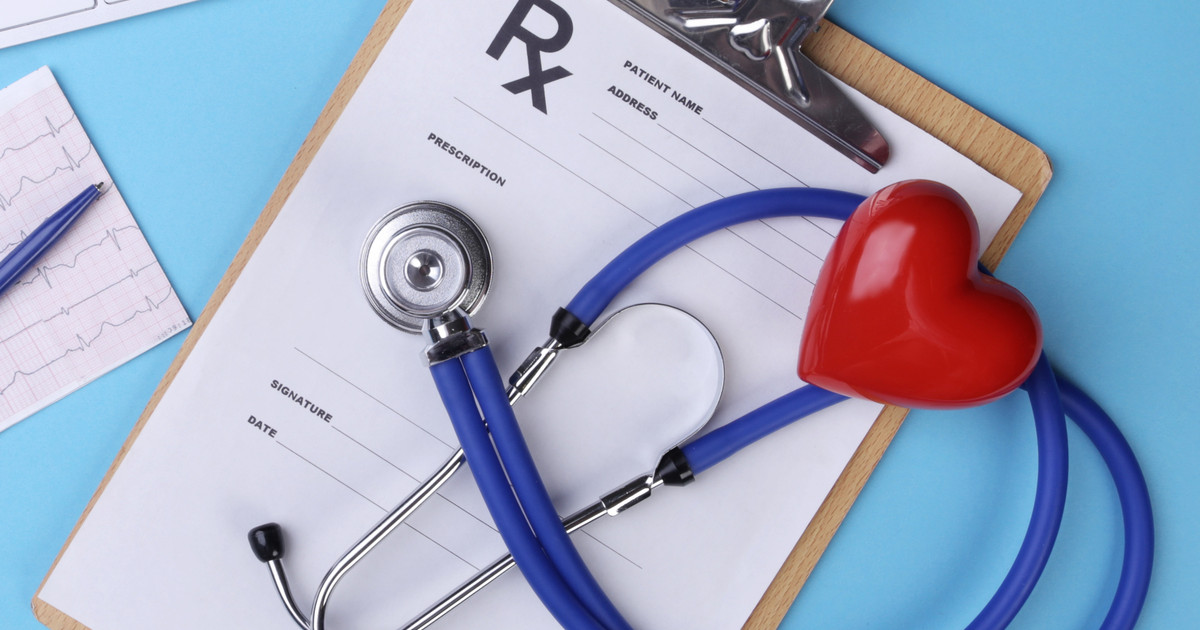Overview Of Seroquel
Potential Side Effects

Constipation, upset stomach, sleepiness, fatigue, dry mouth, and weight gain are some of the most frequently reported side effects of Seroquel. Some patients could experience dizziness or lightheadedness during treatment with this medicine as well. Dizziness and lightheadedness are especially likely to occur during the first few weeks of treatment, and they could also happen when the patient's dose is increased. Some patients may notice cold sweats and chills while taking this medicine too. When using Seroquel, patients should be especially vigilant for potentially serious side effects. Some of the more serious side effects include tremors, suicidal thoughts, increased anxiety, swallowing difficulties, jaundice and persistent abdominal pain. Patients have reported persistent nausea and vomiting while taking Seroquel, and some have had trouble urinating. Loss of appetite, seizures, fainting and interrupted breathing during sleep have been reported as well. Patients should tell their doctor immediately if they notice any serious side effects, and they should be taken to the emergency room if they faint or have a seizure. Patients should also mention any side effects that are persistent or severe. It may be possible to adjust the dose to minimize side effects.
Get familiar with precautions to take when dealing with Seroquel next.
Precautions To Remember

Before prescribing Seroquel, the doctor will need to know if the patient has any history of seizures, liver disease, thyroid issues, cataracts or a low white blood cell count. Patients should also inform their physician if they have a personal or family history of cardiovascular disease, diabetes, hypertension, high cholesterol, or substance use issues. This medicine may need to be used with caution in patients with these conditions, and the doctor might recommend a different medicine depending on the patient's specific health needs.
Seroquel can lead to a condition known as long QT syndrome, which may cause a rapid, irregular heartbeat that requires immediate medical care. Patients may need to have an electrocardiogram to check their heart rhythm before starting Seroquel, and they should inform their doctor right away if they notice any palpitations or if they experience severe dizziness. Pediatric patients are at an elevated risk of high blood pressure due to Seroquel, and they may need to have their blood pressure monitored regularly. This medication may cause a decrease in sweat production, and this could increase the risk of heatstroke. Patients should avoid exercising in hot weather, and it is particularly important to avoid hot tubs.
Keep reading to uncover the potential medication interactions with Seroquel next.
